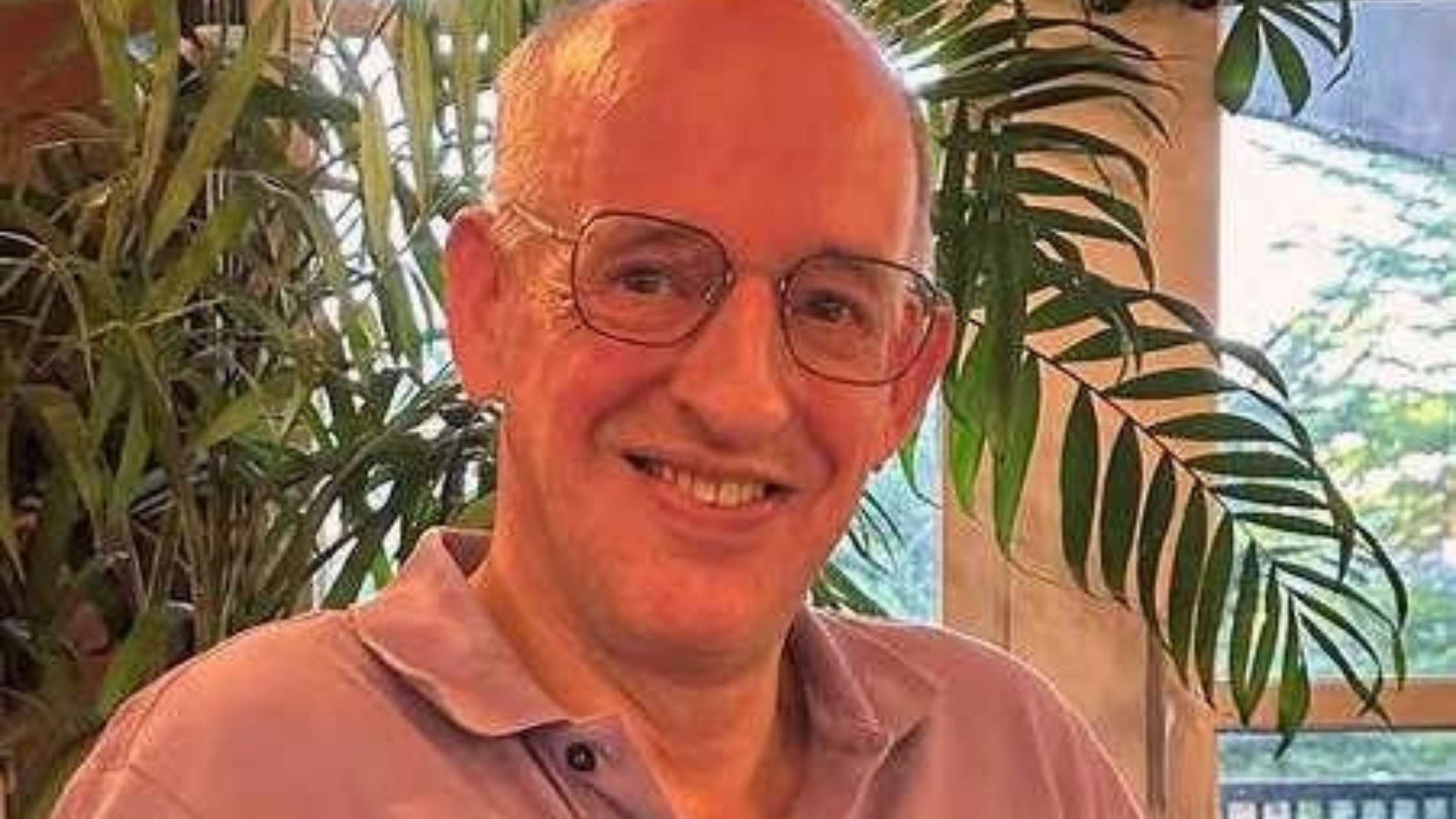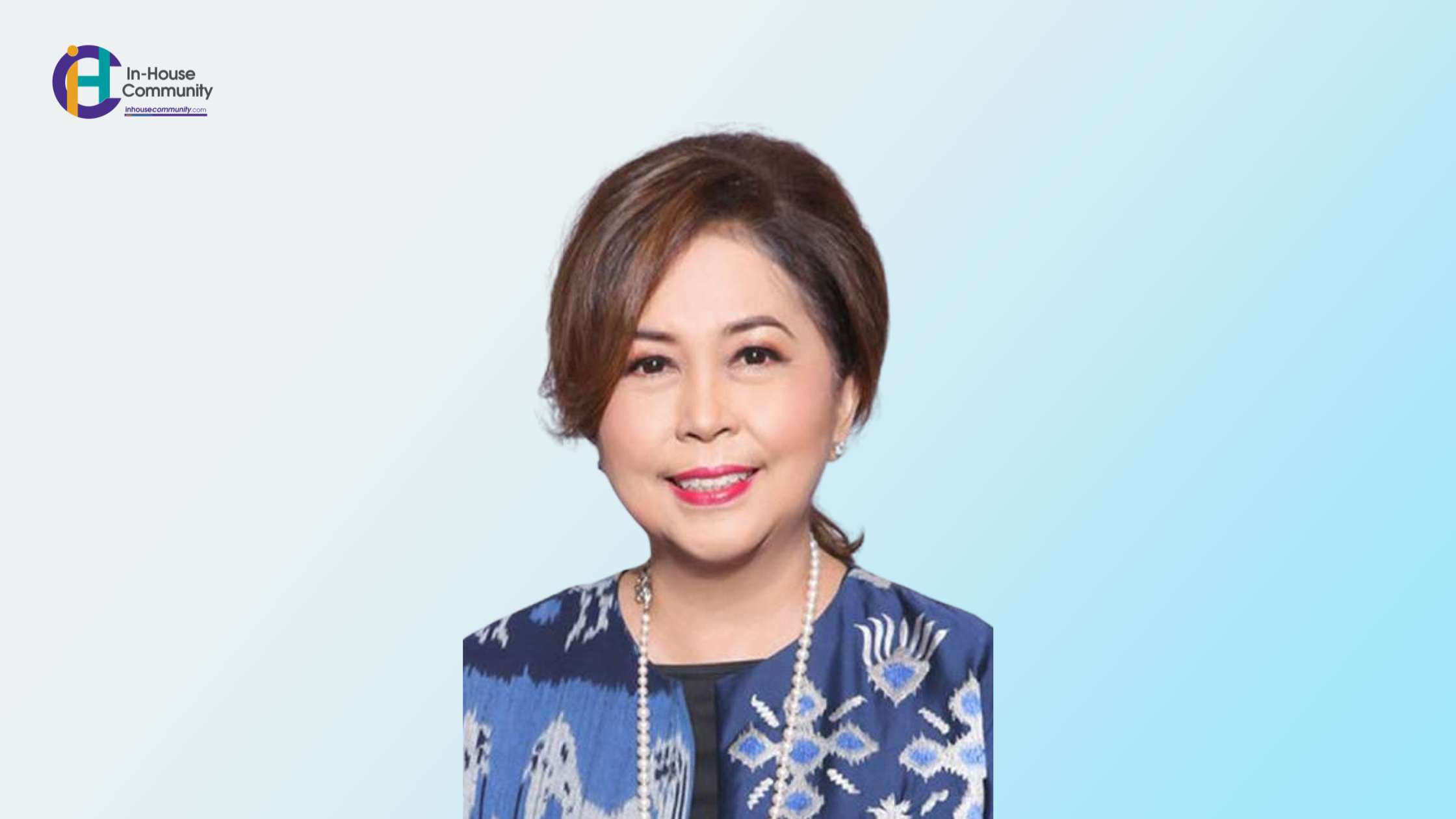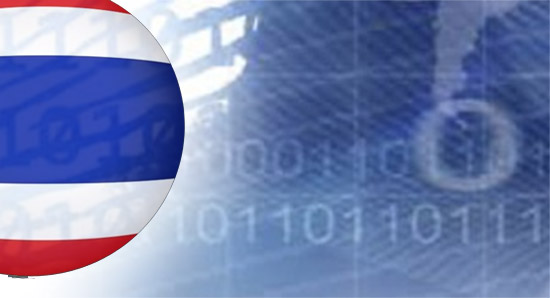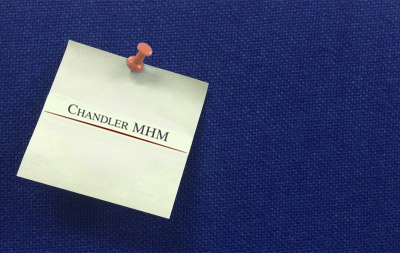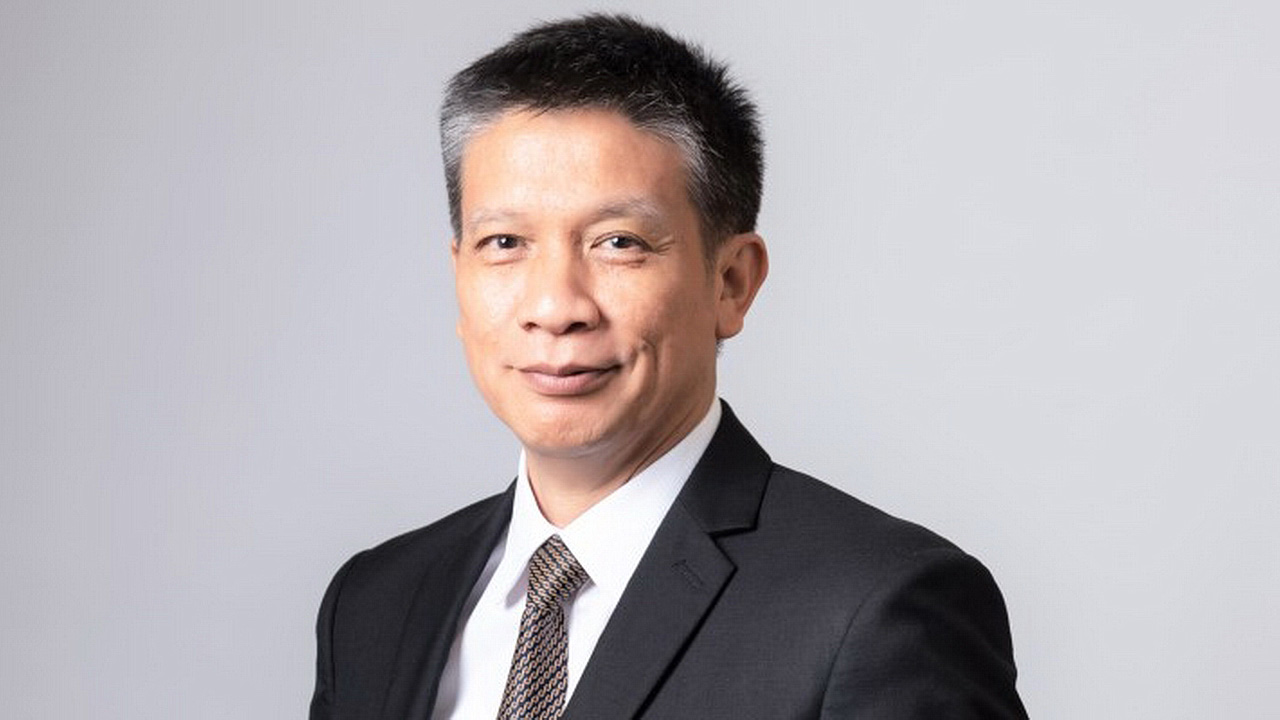
Over a stellar 30-year career working with one of Thailand’s top law firms, Jessada Sawatdipong has sealed many historical deals to help position Thailand as a serious legal hub in the Asia Pacific. He is now the co-managing partner at Chandler MHM Ltd. (CMHM), specializing in banking and finance, particularly project finance, with a focus on major, cross-border energy and natural resources, infrastructure, and real estate projects.
In your experience over the years, how has the Thailand legal market evolved?”
Thailand’s legal market over the past two decades has matured and the leading law firms now boast an international level of capability and service. Thai lawyers also tend to graduate and become dual qualified overseas. This is in part a response to the increasing complexity of Thai law as the country develops and responds to a local demand for greater sophistication of legal services. Another general trend is for US/UK-based law firms to exit the market and work closely in partnership with local counsel instead. On the other hand, leading Japanese law firms (such as Mori Hamada & Matsumoto) have recently entered and expanded their presence in Thailand.
Where do you think there is most room for improvement in delivering legal services in Thailand?
The most significant improvement in the delivery of legal services is likely to arise from the adoption of new technology. Clients expect legal service providers to use technology to operate in an increasingly sophisticated and cost-effective manner in line with other professional service providers. Law firms have also traditionally provided services according to defined areas of legal practice. Specialized and complex advice is also in high demand to provide a collaborative cross-practice and cross-office approach.
How has the relationship between an in-house counsel in Thailand and a private practice lawyer changed over the years?
Developing strong long-term working relationships with in-house counsel is still important. However, as the role of external counsel has evolved the expectations of their relationships with external legal providers has also changed.
External legal providers are increasingly expected to understand the commercial environment in which an in-house counsel operates and the pressures they face. They are expected to be proactive rather than reactive. During Covid-19, we had to anticipate the legal issues that in-house counsels might face and quickly adapt our services. If there are regulatory or compliance issues on the horizon, we must alert in-house counsels of what they need to do along with the risks of non-compliance. A good example was the gradual implementation of the country’s Personal Data Protection Act which will impact all businesses.
In-house counsel operate in competitive commercial environments and law firms are expected to operate in a similar manner. As a firm we must constantly identify where we add real value to in-house counsel and where our service can be delivered in other ways.
What are some personal traits of your ideal in-house counsel client?
Open and frank communication is important if we are to work as a trusted advisor and in partnership with in-house counsel. We must know as much about the world in which our clients live as possible, as well as their expectations of us.
How serious is the firm about your lawyers’ mental well-being?
Companies are increasingly aware of the need to provide a working environment that supports mental health. The pandemic highlighted the importance of support from management and colleagues. While our lawyers have been working from home, we ensure they can work in a manner conducive to good mental health (such as checking in on them). We have also endeavored to create a safe working environment so our lawyers can work with colleagues from time to time to receive extra support.
Which practice areas or industry sectors will generate the most work for the firm in the coming years?
In the short term we expect a rebound in investment activity once border restrictions are lifted. This means more M&A activity in banking and finance. Other sectors such as real estate will also see a rebound. This would apply to both inbound and outbound investment.
In the longer term we expect to advise more on risk and compliance issues in areas such as the application of new technology. The move towards a zero-carbon world will also result in changes to certain industries. Renewable energy is a key focus for our firm and investment in clean energy will continue and broaden into new areas. One noticeable trend is the increasing demand for combining specialized practice with expertise from more traditional practice (such as aviation, insurance, technology, white-collar crime). More recently, we have seen growth in restructuring and insolvency because of the global pandemic. Other growing areas of specialism include antitrust, aviation, data protection, employment, insurance and technology.
Where there any positive lessons from Covid-19?
The biggest lessons from Covid-19 were the need to quickly adapt both our service offering and delivery, but most importantly ensure the personal wellbeing of others. The pandemic has accelerated a move to full remote working and online communications. To some extent the new way of working will stay after the pandemic. However, this situation also taught us the value and benefit of working together in person as well.
In your +30 years as a lawyer, which career milestones have you achieved?
Being involved in the integration of Chandler & Thong‐ek and Mori Hamada & Matsumoto was notable since it resulted in the creation of one of the largest full-service law firms in Thailand. Overseeing the rapid recent growth of the firm as a co-managing partner has also been rewarding. Another key milestone was when our lawyer numbers tipped above 100. I’ve also worked on notable ground-breaking transactions and was proud to support younger lawyers in their ambition to become partners.
And which milestones remain?
To develop the next generation of leaders for the firm.
What do you like to do outside of work?
It is important to have time away from work and have a good work/life balance. I like to spend quality time with my family.
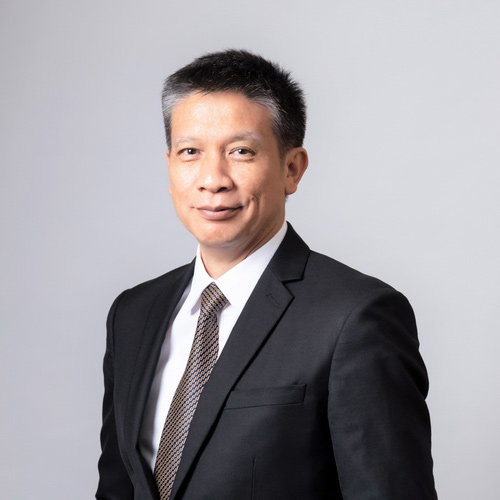
Jessada Sawatdipong is a Co-managing partner at Chandler MHM Ltd. (CMHM). He specializes in banking and finance, particularly project finance, with a focus on major, cross-border energy and natural resources, infrastructure and real estate projects. +66-2-009-5100 |





